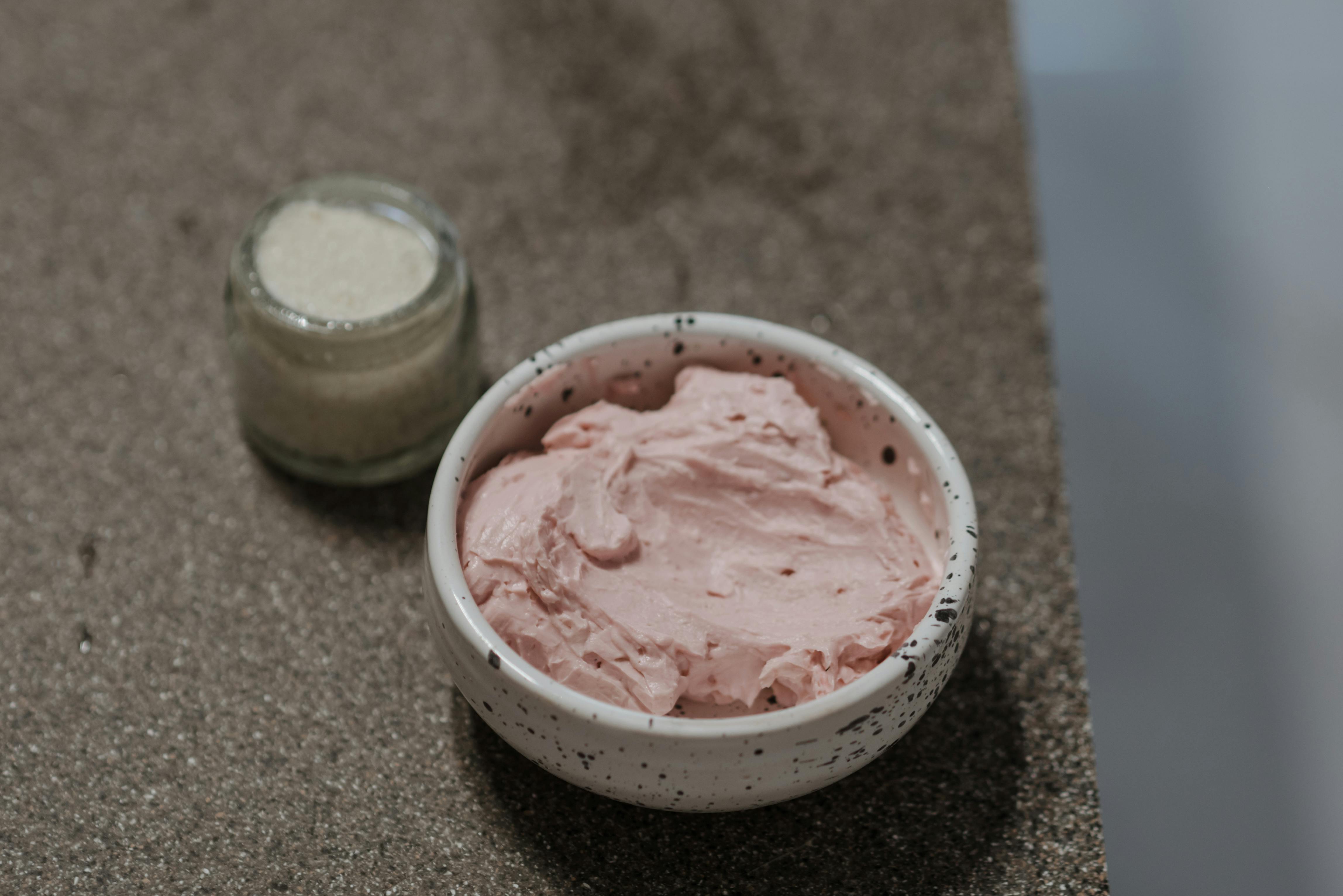Can you remember a time when you are lying in bed or in a dark room starting from the screen of your mobile phone or laptop? Maybe you have to send an email just before you go to bed, or do you have to finish the last stage of Candy Crush before you go to bed?
The light emitted from your phone or computer is called ‘blue light’ and is harmful at night. Let’s see why.
Your normal circadian rhythm
For millions of years, the sun has been the main source of light for all creatures on earth, including humans.
We rarely need artificial sources of light during the day, unless we are in an enclosed space that lacks windows. While day is great for light, night is a different story. How many of you can remember a time when we didn’t have mobile phones, advanced electronic devices, or energy-saving light bulbs (compact fluorescent lamps, or CFLs) and relied on old tube lamps or low-voltage light bulbs to light our homes?
Our body has an internal clock that makes it active during the day and sleepy at night. This circadian rhythm is responsible for keeping us alert and attentive and is highly dependent on external light. The average duration of a circadian rhythm is 24 hours and a quarter (24 hours and 15 minutes). This varies in people who have late nights or those who work night shifts.
Our circadian rhythm depends on the release of melatonin, a hormone released in the brain that helps us sleep. During the day, hormone levels are very low, while at night they are high and help you fall asleep. However, if you are exposed to light for long hours at night looking at your phone or computer or even sleeping with the light on, your melatonin levels will remain low. This could throw off your circadian rhythm, confuse your brain, and keep you awake longer.
blame the blue
Electronic devices and energy saving light bulbs emit various wavelengths of light. However, blue light seems to be the most noticeable. Interestingly, CFLs contain about 25% harmful blue light and LEDs contain about 35% harmful blue light.
In an experiment conducted at Harvard University, exposure to blue light for 6.5 hours was found to suppress melatonin release for twice as long as green light. It also changed the circadian rhythm in 3 hours. In another experiment conducted in Toronto, people who were exposed to bright light but wore blue protective glasses had the same melatonin levels compared to those in a dimly lit room.
Another study looking at teens who used their cell phones or devices at night found that just one hour of blue light exposure reduced melatonin levels by 23%. Within two hours, it dropped further to 38%.
Similarly, red light appears to have almost no effect on circadian rhythm compared to blue light. Some people even advise using a dark red light as a bed light as it would not disrupt sleep patterns.
The harmful effects of blue light
So what effect does blue light really have on the body? Unfortunately, it’s not just that it affects sleep. Excessive exposure to blue light has now been linked to weight gain, heart disease, depression, and even some forms of cancer.
Melatonin has anti-cancer properties, and low levels of melatonin at night can increase your risk of cancer. In one study, women who worked night shifts had low melatonin levels and a 50-75% increased risk of developing breast cancer over the course of their lifetime.
People who are exposed to blue light at night have a lower level of insulin production. This means that snacks eaten when you stay up late are not broken down into glucose and used by the body. Instead, they turn into fat and increase body weight. Not only that, low insulin levels mean diabetes can be a complication of blue light exposure.
But it’s not just adults who are affected. Children also seem to be greatly affected by blue light. Children and babies who watch their favorite cartoon on their mobile phone are exposed to a large amount of blue light. This can get into the eye and damage the back of the eye, the retina. It leads to a condition called macular degeneration, which is one of the leading causes of blindness in adult life. It can also speed up the development of cataracts.
damage prevention
So what can you do to prevent the harmful effects of blue light on your health? A few simple steps are enough. Make sure you spend plenty of time outside in normal daylight. You could move your work desk closer to the window. Avoid using your phone or laptop for at least 3 hours before going to bed. This will allow your brain to increase melatonin levels, and this will help you fall asleep sooner.
These days, there are apps available for phones that filter out blue light and only emit less harmful rays.
Do your best to expose yourself to lots of bright light during the day. Natural light is the best for you. On the weekends, try to avoid being a couch potato and get out of the house with the family.
If you have to use a bedside lamp, use a red one instead of a blue one. Red light has the least effect on melatonin and does not affect the circadian rhythm. Avoid using LED lights too often.



